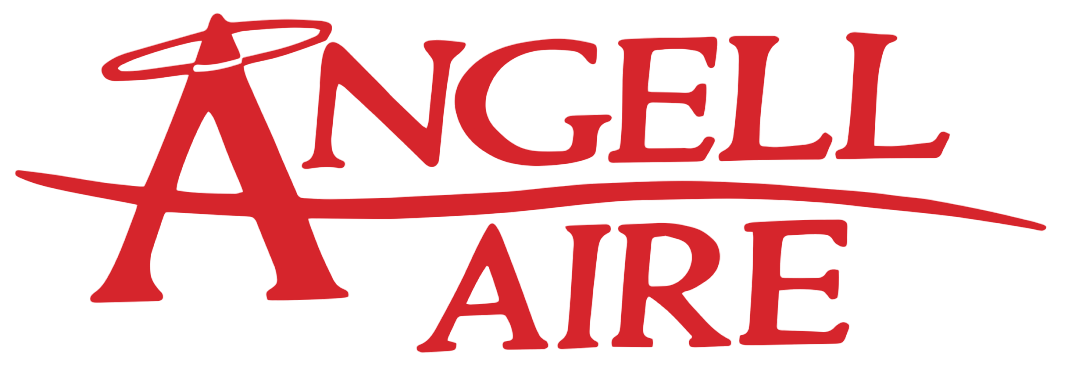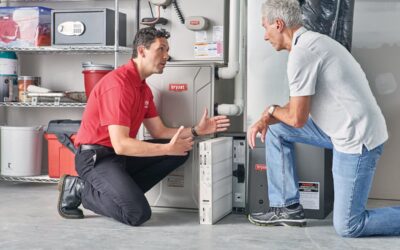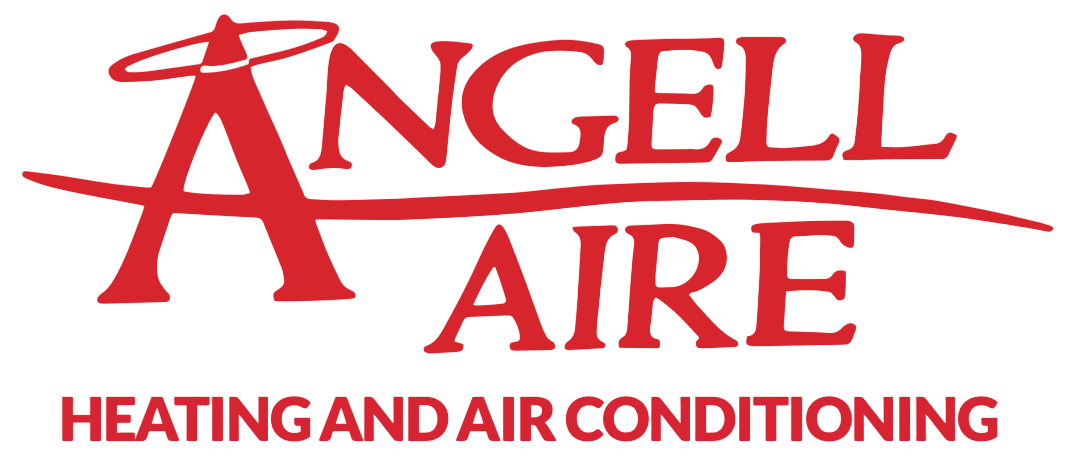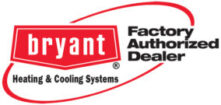Optimizing the performance of your heating system not only provides a higher level of comfort, but it also delivers cleaner air and cost savings. All of today’s air filters that are designed for use with HVAC systems are rated according to a standardized method known as the Minimum Efficiency Reporting Value or MERV system. This method assigns numbers based upon the expected level of efficiency with which a specific filter captures particulates from the air as it passes through the filter. Choosing the right filter is essential to the performance of your heating system. Nonetheless, picking a filter with the highest MERV rating might not be the right choice for your HVAC system. Here is a look at four reasons why you don’t need to upgrade to an air filter with the highest efficiency rating.
Poor Airflow
Air filters with higher MERV ratings are designed with a smaller weave intended to enable the capture of even the tiniest of particulates. Unfortunately, the tightness of the weave also decreases airflow. As a result, the heating unit has to work harder, which increases the chance that your system will fail or require repairs. Plus, this situation typically leads to higher costs to heat your home.
Improper Fit
A bad fit between your air filter and your furnace or heating system leads to reduced performance and poor efficiency. Your system is designed to hold a filter that fits specific dimensions. Air filters with higher efficiency ratings are usually thicker than styles designed with lower ratings. Although both types of filters have the same shape, they fit differently. This situation reduces the efficiency of the filter, making it more difficult for it to capture dust, dirt, and other particulates from the air circulating throughout your home.
Same Level of Air Quality
While it might be difficult to imagine, an air filter offering a higher MERV rating isn’t necessarily going to improve the quality of your interior air all that much. This is because the additional particulates captured by this type of filter are extremely tiny and less likely to cause breathing issues than larger ones.
Higher Costs
When you use the wrong type of filter, the heating system does not operate as efficiently as it could. This reduced efficiency in your furnace leads to higher costs to operate it. The unit works harder and uses more energy, which in turn costs you more money.
Using the right kind of filter allows your heating system to operate at optimal levels. If you aren’t sure which type of filter you need, an experienced service tech should be able to assist you. Choosing the proper size and style of filter encourages cleaner air, better performance, a higher level of efficiency, and lower costs to run the equipment.



